|
Nedjma (Lyna Khoudri) lives and studies at a women’s university where there is a culture of sisterhood and fun. The girls sneak out to go drinking and dancing at night, are boisterous and play practical jokes. They’re mostly carefree but cautious of having to lie to police and cover their heads if they are stopped. She loves fashion and is constantly sketching new ideas and making clothes for her peers, selling them out of a nightclub bathroom. In the background are rising tensions as posters go up proclaiming things like “Sister – your image is dear to us. Take care of it or we will” and the girls receive frequent warnings about their ‘immodest’ behaviour. At the same time, they are pestered by men lusting after them. The problem of course is the men’s behaviour so forcing the girls to stay at home and cover up does nothing to address this. She loves her country and loves being free to dance and create her own fashion. But the tide is against her and violence is creeping ever closer. A violent act sparks a more passionate defiance in Nedjma. All hopes are pinned on a fashion show – an act of defiant protest and creative self-expression in an increasingly oppressive world. But with the cards stacked against her and the net closing in, the fashion show becomes a symbol of freedom, life and death. This film is an eye opening look at a country in the midst of a civil war and on the brink of huge societal change. The impact these changes have on young girls in particular is enormous. Their whole way of life is at stake and the extremes that the religious conservatives are willing to go to seem completely disproportionate. Nedjma’s love of fashion is central to the conflict of the film. We hear the rustle as her hands run lovingly across different textured fabrics or dip into bowls of colourful sequins. Long sheets of cloth dry in the sunny breeze or get dyed with bright colours. The clothes she creates for the fashion show are all made from the haik which is a traditional garment made from a single piece of cloth. This will be a creative homage to her culture. The camera lingers on her creations as a loving expression of herself and her culture as well as being a gift she creates for others. So the enormity of the fashion show grows as the stakes get higher. It’s not just about liking clothes, it’s about defending her country and her rights. The central performance by Lyna Khoudri is very powerful and deserving of the César award for most promising actress she received recently. She is especially compelling in her screams of frustration or her moments of terror and physical danger. But in the quieter times as well, she exhibits a steely determination to do what’s right for her country and her sisters. While the closing scenes have been seen by some as manipulative or jarring, it is fitting for the point the film is making and the world the girls live in. “Papicha” is passionate and tragic, incredibly acted with a number of shocks along the way. Look out for Lyna in Wes Anderson’s upcoming film “The French Dispatch”. Comments are closed.
|
AuthorHi, I'm Caz. I live in Edinburgh and I watch a lot of films. My reviews focus mainly on women in film - female directors or how women are represented on screen. Archives
December 2021
Categories
All
|
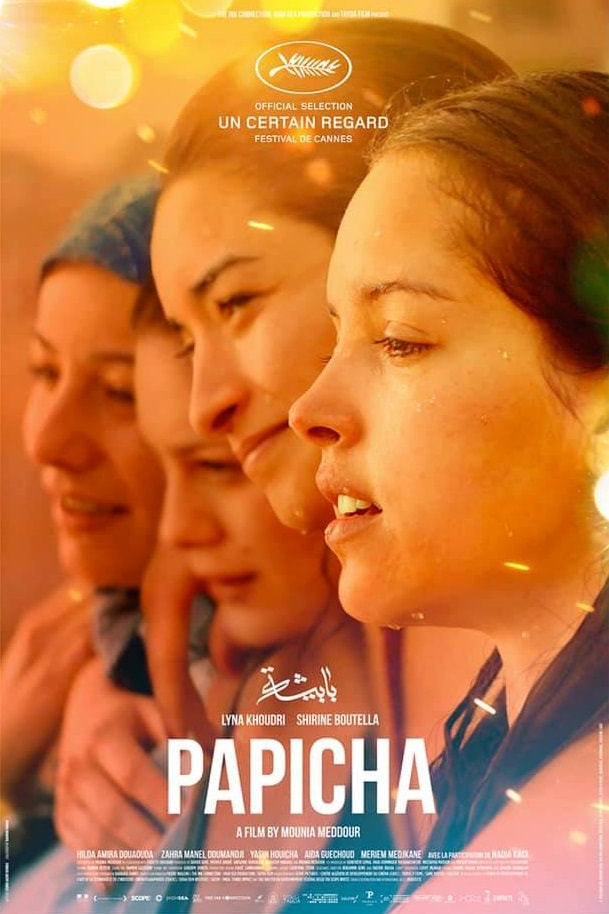


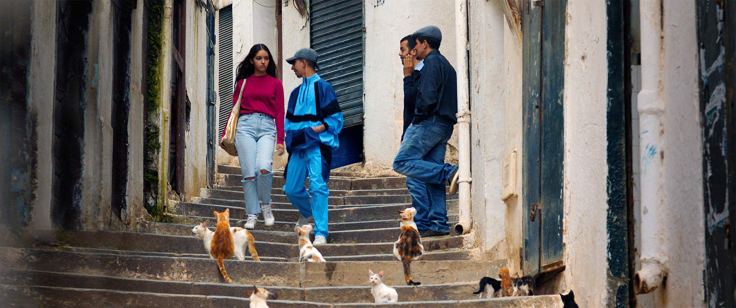
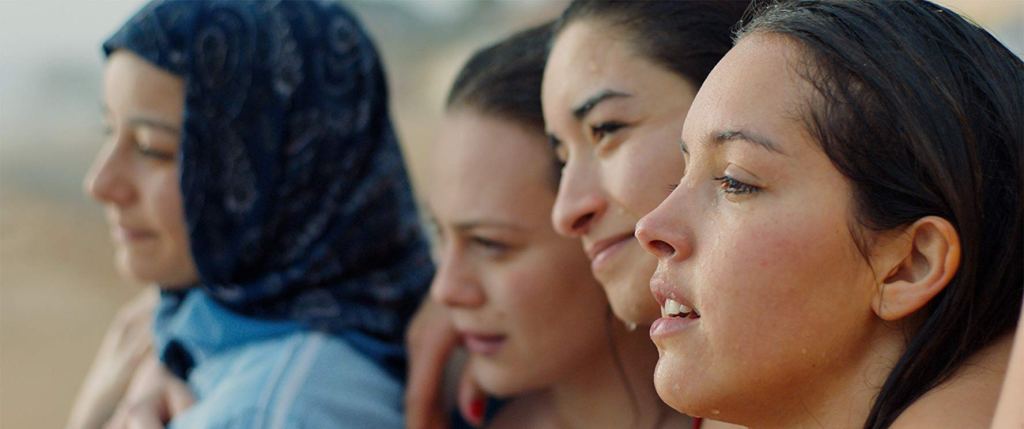
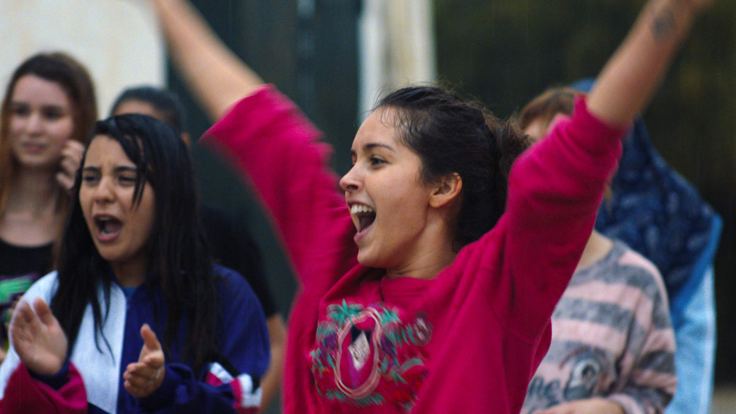
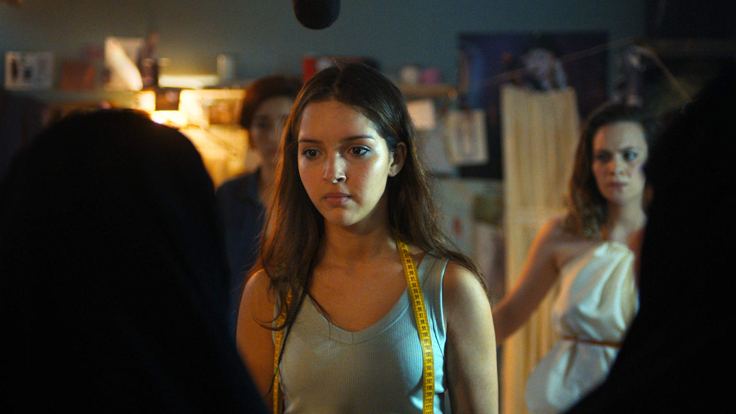
 RSS Feed
RSS Feed
